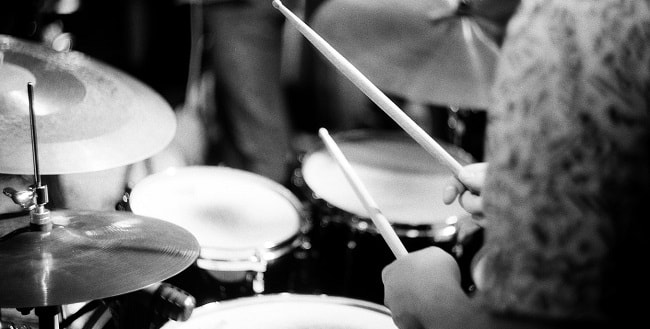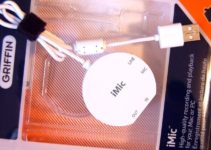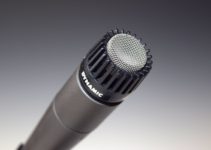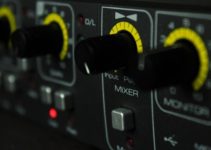We all have favorite drummer jokes, like ‘what’s the last thing all drummers say to their bands? “guys, shall we try some of my songs?”’ but it’s all good-natured fun. Drum machines, beatboxes, synths, and sampling might have replaced many drummers, but none can beat the inventiveness and creativity of a good drummer.
So, what are the best headphones for drummers? To answer that, we need to dig a bit deeper into the mind of the drummer. Yes, they do have them…
It’s all about the noise

Generations ago, before keyboards, guitars and basses were amplified, in the era of swing, bebop jazz, and early Chicago blues, drummers were by far the noisiest instrument in the band. Gene Krupa and Max Roach dominated the sound of even a big band. Then along came Fender and Gibson electric guitars and basses and changed all that. Things got even worse as Marshall and other high-octane amps appeared; drummers were now swamped on stage. They literally could not hear themselves play. They tried a bit of stage amplification of their own, using monitors, but that often made things more complicated or even worse for everyone.
So, headphones, earphones, earbuds etc. came to the rescue for the poor embattled drummer. Choosing the right type very much depends on what type of music the drummer is doing, where they are doing it, and who they are playing with.
In a nutshell, drummers need to have control of what is coming into their ears. They need to be able to hear themselves and also hear other band members. They also may need some protection from excessive noise or feedback. Finally, they need to be able to move around and play freely (and maybe even sing). They might even want to look cool.
Not all drummers have the same issues. Drumming for a Taylor Swift covers band in a Florida hotel lobby is not the same as playing in a studio and is different again from drumming for a death metal band on tour in Kyiv.
There are many styles of headphones
Classic big closed ‘bins’ headphones give great acoustic protection and deep bass but are clunky and look goofy. No problem in the studio but a big issue if you joined a band in the hope of picking up girls (or guys, or both) at gigs.
Open-meshed over-ear headphones let in more ambient sound, which can be a good thing – sometimes. So, you can hear other band members in an emergency if something has gone wrong with the audio mixing deck, or your audio engineer has had too many free drinks from the bar.
How do in ear monitors work for drummers
In-ear wired buds are very reliable and hard to lose, – they are barely noticeable too. Quality and protection aren’t the best though.
Wireless buds are very fashionable these days but are a nuisance to keep in and very easily lost. Drumming can be very energetic and it would be a bit ‘Spinal Tap’ to see your drummer scrabbling around on the floor during a gig trying to find one that had just dropped out.
Then you have bone transducers – they look very sci-fi/cyberpunk, etc. but aren’t going to provide any ear protection at all.
So, those are just a few of the choices – there are more – for the budding Neal Peart in your band. To find out more check out “best affordable in ear monitors for drummers” for the full story.







No Responses